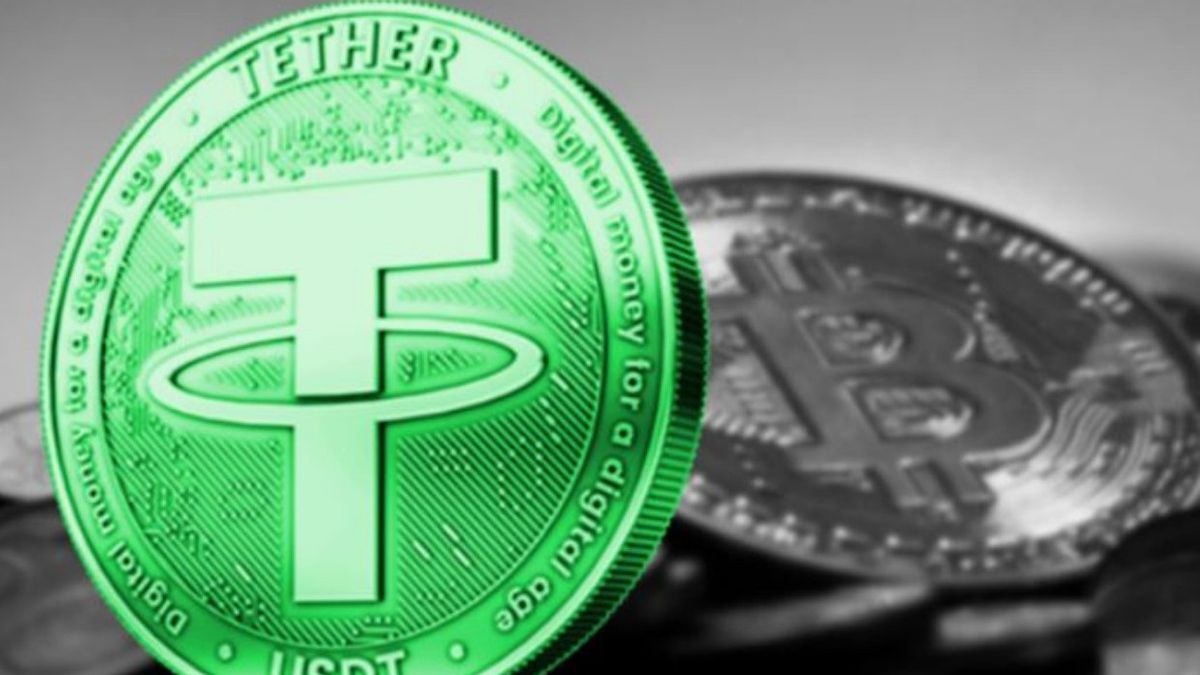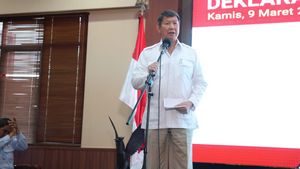JAKARTA USDT's number one stablecoin publisher, Tether, recently accused major Bloomberg media of publishing inaccurate information. Tether also assessed that the media had practiced journalism which was unable to distinguish false facts and news.
Tether accused Bloomberg of spreading old news to make headlines, after the US business network published a report last week that the US Department of Justice (DoJ) reopened its investigation into Tether regarding bank fraud.
In a blog post, Tether said that Bloomberg is desperate to get attention in industries they don't understand. Tether explained that the outlet has dedicated itself to recycle old news that is not even factual.
Bloomberg wrote on Thursday, October 31, that the DoJ team was investigating whether the stablecoin Tether (USDT) executive had committed a crime. The publication said federal prosecutors from Manhattan were leading the investigation.
According to the report, federal prosecutors in Washington have warned top executive Tether that they could be charged for allegedly defrauding the bank they used to move cash, sources familiar with the case revealed. However, the case has been transferred inside the department and has been frozen to date.
According to DailyCoin, in its response to Bloomberg, Tether said the Justice Department's investigation first opened in November 2018 and continued over the following years. Since then, the company has been working with law enforcement globally to clarify the situation, Tether said.
This shows that stories published by Bloomberg contain inaccurate events and many of them also occur with "Bitfinex relatives' companies", said Tether. "This is another example of their incompetent journalism and the inability to separate facts from fakes."
Not the First
This is not the first time Tether has been involved in a public dispute against media outlets. At the end of August, the company also accused The Wall Street Journal (WSJ) of spreading false news about its financial situation.
The article published by the WSJ on August 27 quoted a statement from the former head of internet compliance at the US Securities and Exchange Commission (SEC), John Reed Stark. Officials at the time showed that Tether needed an "audit similar to the company's colonoscopic" that would allow to know the real capital reserves.
According to the article's authors, Jean Eaglesham and Vicky Ge Huang, instead of conducting a full audit, Tether only hired an audit company to "remove" its reserves and obligations.
Not surprisingly, Tether defended himself and said that Treasury which supports its balance sheet is not an unsafe asset. He also denied that his business was unfavorable, as suggested by the article, and replied that maybe the WSJ confused Tether with some of its rivals.
The English, Chinese, Japanese, Arabic, and French versions are automatically generated by the AI. So there may still be inaccuracies in translating, please always see Indonesian as our main language. (system supported by DigitalSiber.id)













